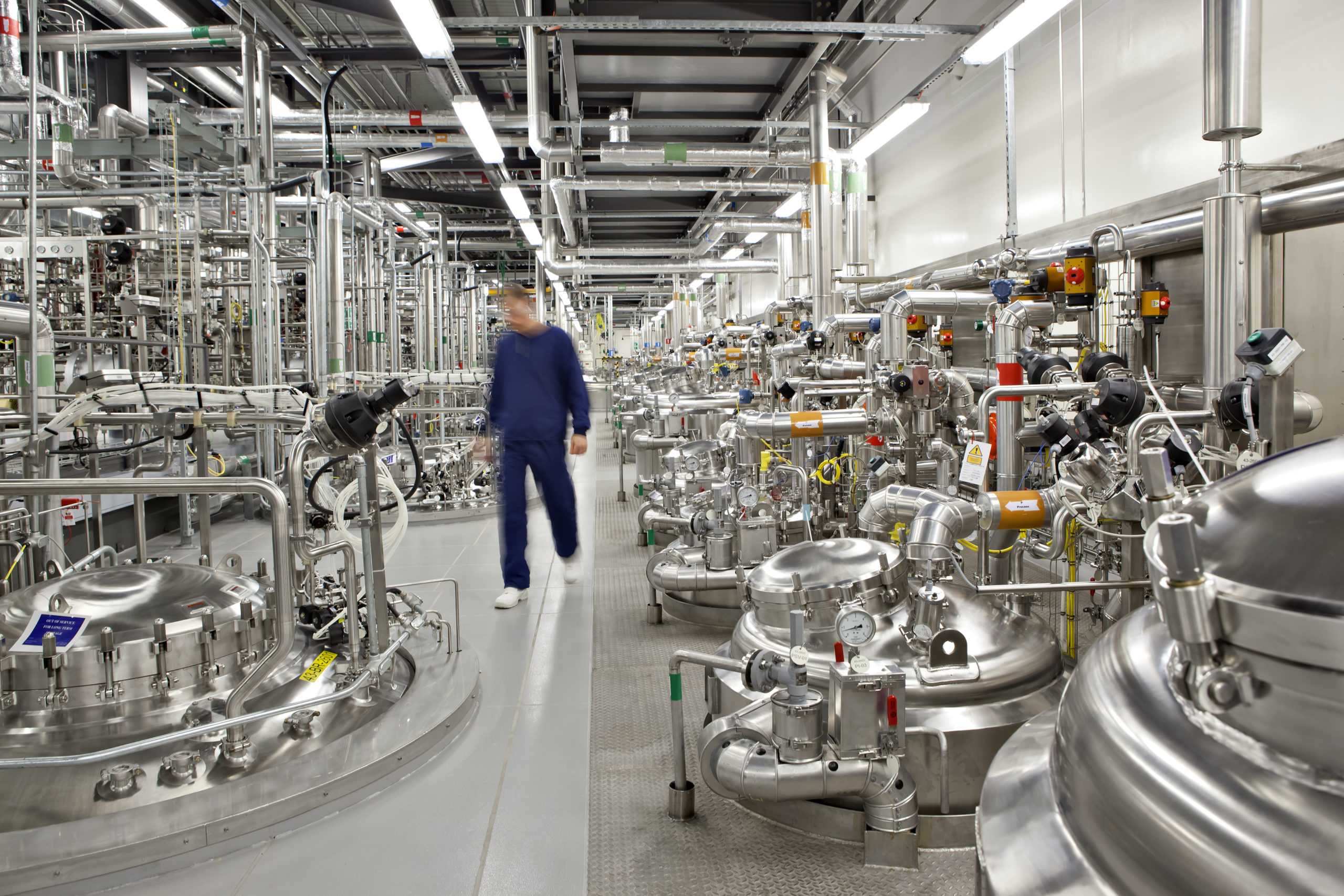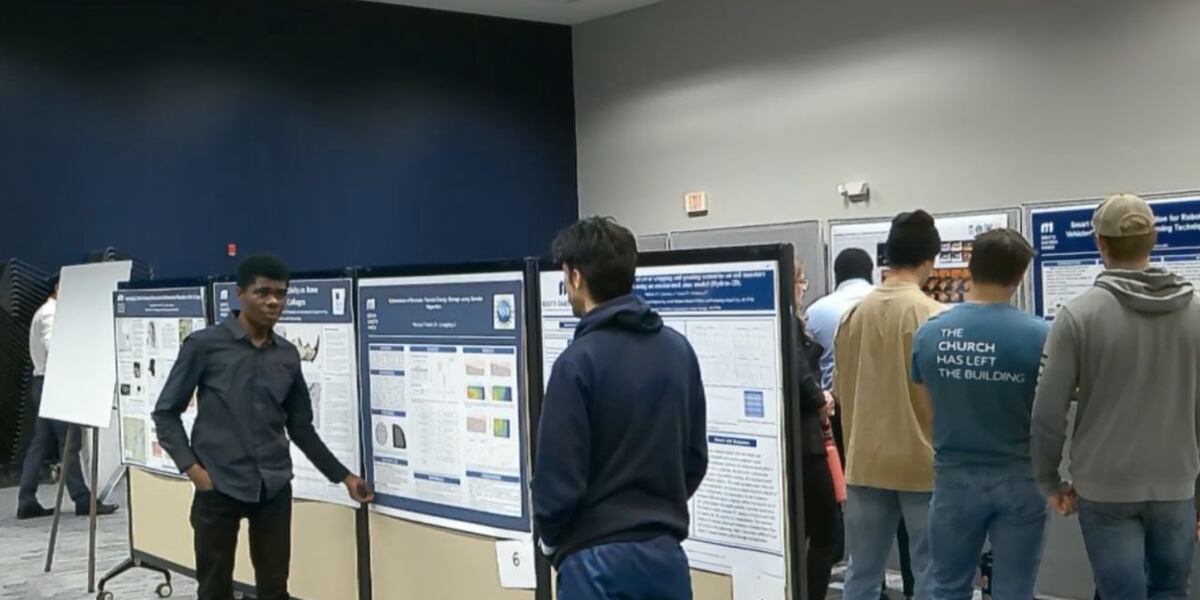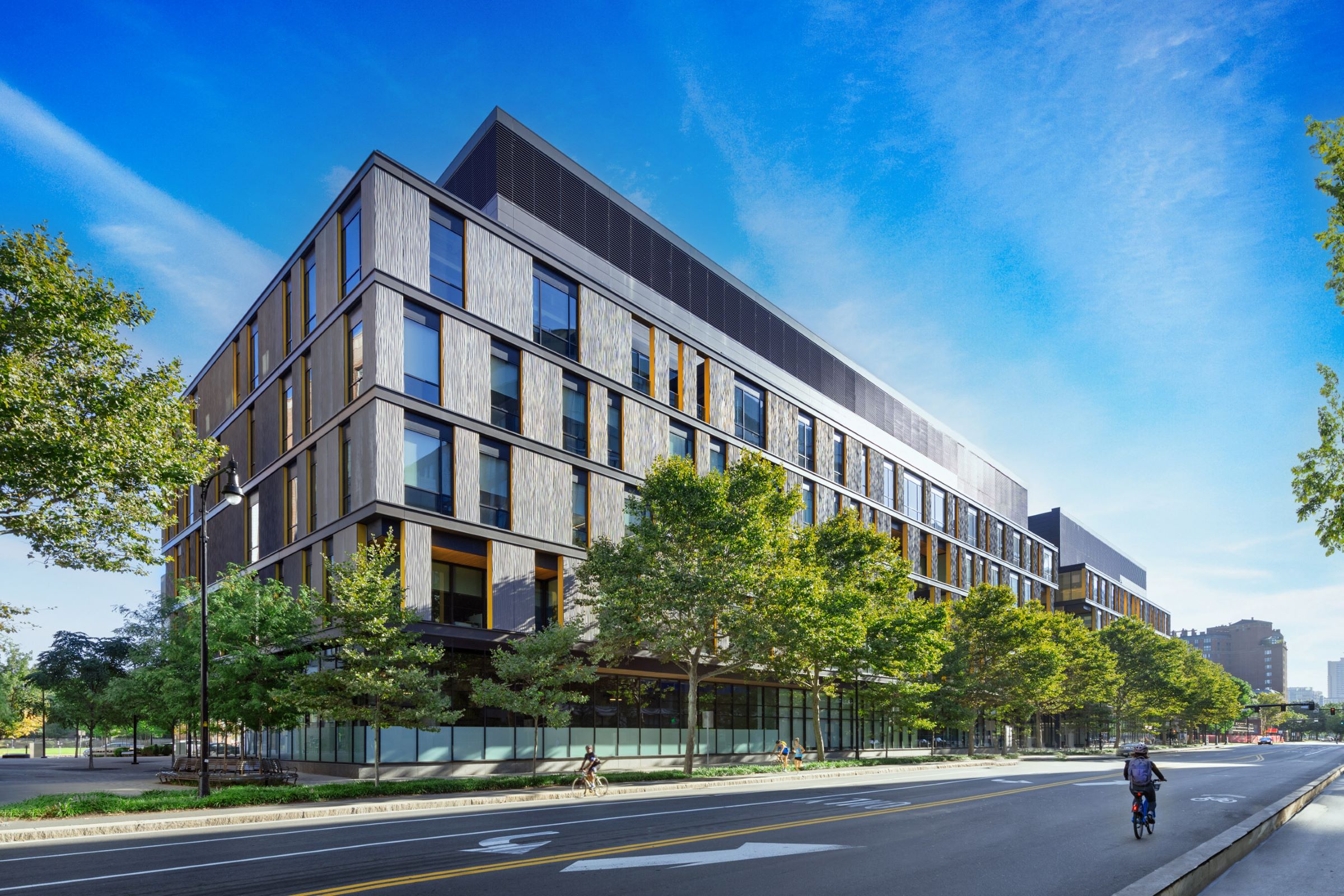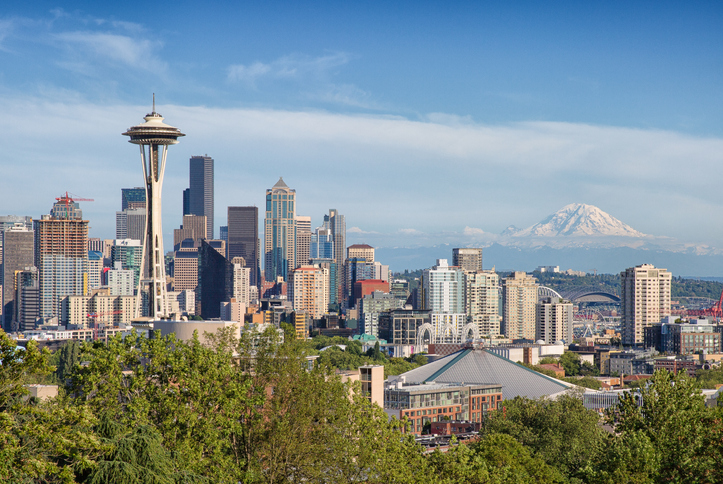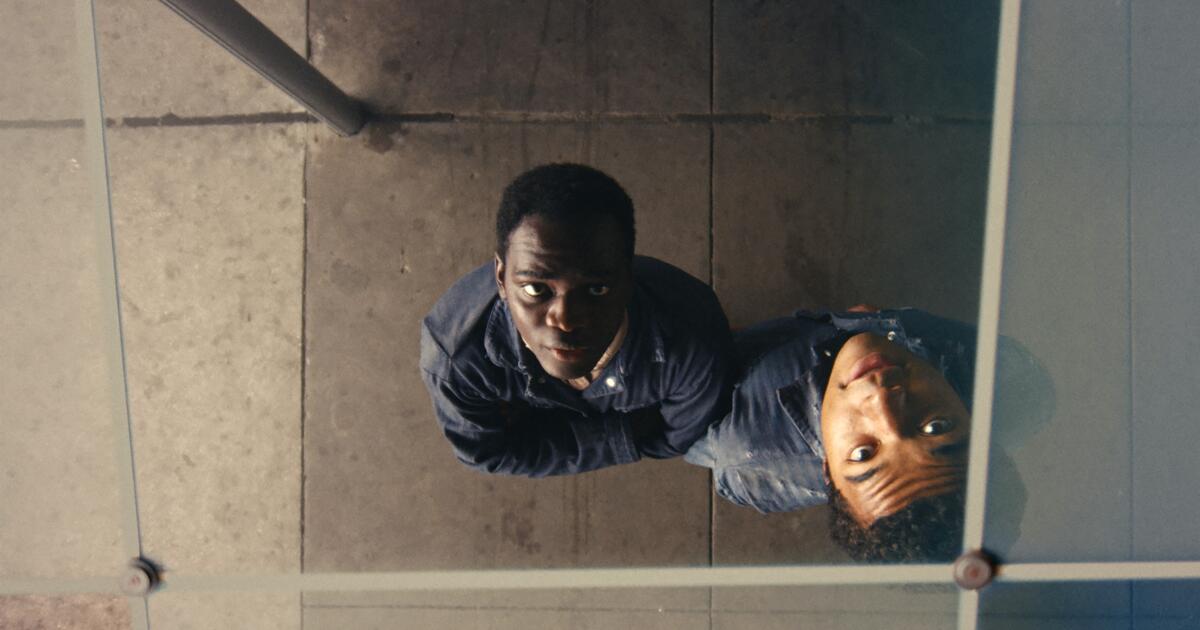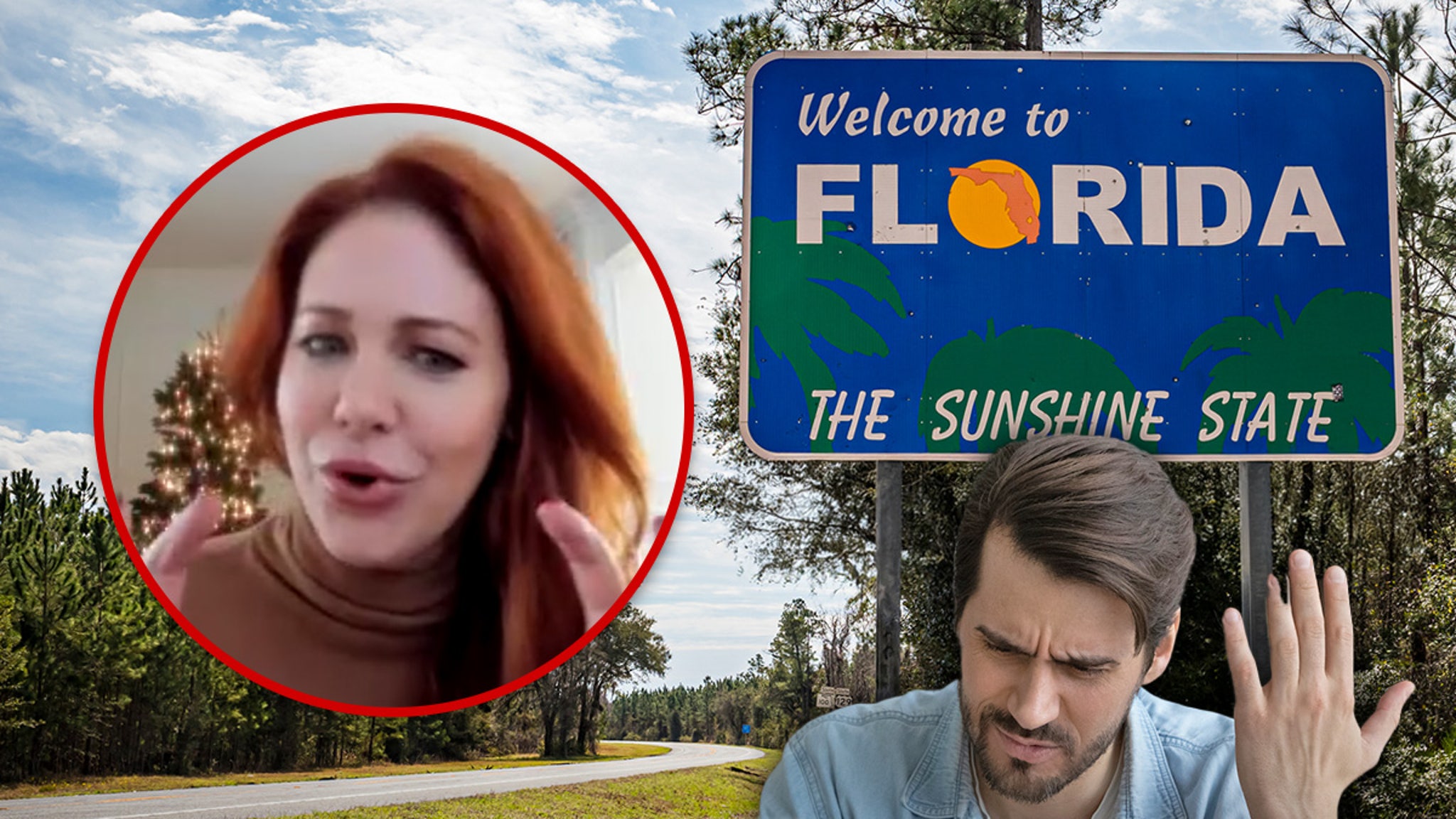Florida
USDA Grant Awarded to Create South Florida Microbiome Innovation Center
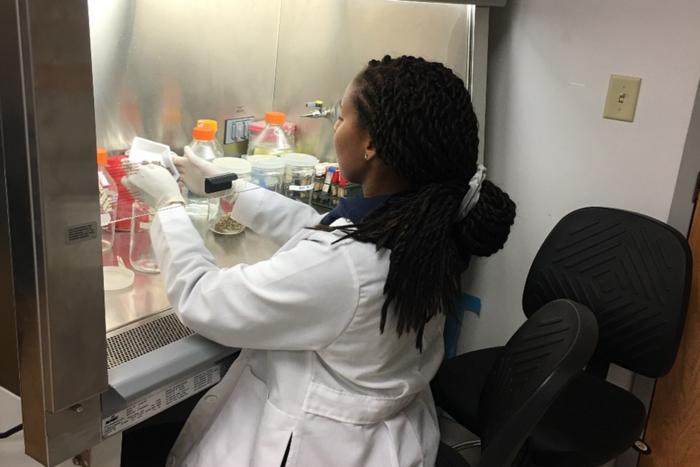
Florida Atlantic University (FAU), in collaboration with Florida International University (FIU), has received a four-year, $1 million grant from the United States Department of Agriculture’s (USDA) National Institute of Food and Agriculture (NIFA) to establish South Florida’s first-of-its-kind FAU Microbiome Innovation Center.
The program, “Building Capacity in Microbiome Innovation for Plant Health, Soil Fertility, and Environmental Sustainability,” is the first workforce-development USDA-NIFA grant to a research-intensive Hispanic-serving institution, which will help address the complex challenges facing traditional agriculture and declining interest of the next generation in food, agriculture, and natural resources careers, according to Nwadiuto Esiobu, PhD, project director, a professor of biological sciences, and director of the Esiobu Microbial Biotech Laboratory within FAU’s Charles E. Schmidt College of Science.
“Growing challenges of food safety, biosecurity, and agricultural productivity, or emergence of new pathogens such as citrus greening devastation, plant invasion, climate change, and depletion of soil fertility, all have a microbiome undertone that needs to be promptly addressed by training competent cross-disciplinary professionals,” said Esiobu. “In virtually every field of science, microbiomes are emerging as key priority themes.”
Holistic plant health
The FAU Microbiome Innovation Center will develop a new curriculum in holistic plant health and embark upon creating a culture collection of indigenous beneficial bacteria whose many applications are at the nexus of environmental, agricultural, and public health. The project will integrate soft skill development, stipends, and multi-tiered mentoring with experiential learning in cutting-edge microbiomes research.
The center will engage underrepresented undergraduate and graduate students from FAU and FIU and develop an innovative curriculum that will include plant microbiomes, plant biotechnology, microbial ecology, and soil microbiology. The grant will procure a benchtop DNA sequencer to drive development of a curated collection of indigenous beneficial microbes from South Florida.
FAU and FIU undergraduate and graduate students will participate in isolating, sequencing, and curating their strains as part of the research experiential programs. The collection will become a valuable asset in customizing probiotics for specific plants in specific ecologies such as wetland grasses, which are experiencing salinity and flooding stress. Currently, there is no such collection in the region.
Experiential learning activities will include novel advanced knowledge in genomics, microbial interactions, ecology, soil fertility, plant bioengineering, and sequencing technologies. In addition, the project team will develop mini-pathways, field trips, workshops, summer camps, and additional specialized trainings.
Project teams
The project team includes Krish Jayachandran, PhD, co-director and distinguished university professor and co-director of the agroecology program in FIU’s College of Arts, Sciences, and Education; Evelyn Marques Frazier, PhD, university instructor; and Xing-Hai Zhang, PhD, professor, both in the department of biological sciences within FAU’s Charles E. Schmidt College of Science; and Kateel G. Shetty, PhD, research assistant professor in FIU’s College of Arts, Sciences, and Education.
The team’s combined expertise includes microbiology and microbial physiology, plant microbe interactions, biotechnology, genomics, environmental and public health, plant pests and ecology, animal health, soil fertility, and plant production with intersecting research interests in emerging fields of synthetic microbiome communities and defense against pathogens and abiotic stress.
The FAU Microbiome Innovation Center will partner with various entities including the Farm Credit Council, several USDA agencies, and FAU’s Office of Undergraduate Research and Inquiry. The integrative and collaborative nature of the program fosters an ideal space for inquiry and discovery, facilitating the convergence of different perspectives that invariably promotes understanding and learning, noted Esiobu.

Florida
How to Watch: Louisville Cardinals at Florida State Seminoles

LOUISVILLE, Ky. – A week removed from falling to Kentucky in the Battle of the Bluegrass, the Louisville men’s basketball program is back in action, traveling to Florida State for their first road game in ACC play.
While the Cardinals might have lost to their most hated rival in their last time out, they certainly gave the Wildcats a run for their money. Despite having only eight healthy scholarship players, Louisville kept within striking distance of Kentucky for the majority of the game before ultimately falling 93-85 in Rupp Arena.
As for the Seminoles, year 23 under head coach Leonard Hamilton is off to a solid start. While FSU is currently six games over .500 and heading into their matchup with Louisville on a two-game win streak, they’re 0-3 against teams ranked in KenPom’s top-100, including an 84-74 overtime loss at NC State.
This will be the 54th all-time meeting between Louisville and Florida State, with the Cardinals owning a 35-18 advantage. UofL won 101-92 back on Feb. 3, 2024 in the last matchup, snapping a seven-game losing streak to the Seminoles.
(Photo of Terrence Edwards Jr.: Jordan Prather – Imagn Images)
You can follow Louisville Cardinals On SI for future coverage by liking us on Facebook, Twitter/X and Instagram:
Facebook – @LouisvilleOnSI
Twitter/X – @LouisvilleOnSI
Instagram – @louisvilleonsi
You can also follow Deputy Editor Matthew McGavic at @Matt_McGavic on Twitter/X and @mattmcgavic.bsky.social on Bluesky
Florida
More South Florida school zones will be getting speed cameras – how it's been going

If you don’t look carefully, you could easily miss the cameras set up outside schools. They, however, are watching you, and if you’re going at least 10 miles over the speed limit, you will receive a $100 surprise in the mail.
“If you don’t want to get one of those violations just stay within the speed limit, very simple,” said Village of Pinecrest Police Chief Jason Cohen.
Pinecrest and South Miami were the first cities in South Florida to take advantage of a new state law allowing automated cameras to catch speeders in school zones. Since their systems went online in October, they’ve sent out about 7,400 citations in South Miami and about 5,800 in Pinecrest.
“It’s too early to say from the data on the overall impact it’s going to have around the schools, but we believe it’s going to change peoples’ driving patterns, that they’re going to be cognizant that they’re near a school and they’re going to automatically slow down, that’s the goal,” Cohen said.
Diane Gilmore has been a security monitor for decades at Palmetto Senior High School. She said she sees speeders fly past the school all the time as students are trying to cross the street, and she’s glad the cameras have been installed.
“I think they did a good idea because a lot of times, they be going across the street, these cars don’t respect us at all, they come fast and I say it ain’t careful, somebody gonna end up getting killed,” Gilmore said.
Students spilling out of school seem to appreciate the cameras.
“I think it’s good, ‘cause it controls the drivers so the drivers don’t speed and especially in a school zone,” said Nicholas Henriquez, a senior at Palmetto who drives to school.
Not everyone agrees. Christian Gutierrez picks up a student regularly and he’s not impressed with the cameras’ impact.
“Even speedbumps, I feel like, stops speeding,” Gutierrez said. “More than the cameras, yeah, for sure.”
The school zone cameras operate only on school days, starting a half hour before school starts and ending a half hour after school ends, no matter what the speed limit is during those hours. The police departments make $39 for each citation issued.
“But I think it’s important to highlight that the funds coming in have to be used for public safety,” Chief Cohen said. “Anything that can help make our city safer, especially around the children and the schools, we looked at it as a win.”
Soon, police departments in Miami Gardens, West Miami, Davie and Plantation will be starting up their own school zone camera systems. Miami-Dade Police have also installed cameras outside eleven schools with many more to follow. Cohen predicts almost all South Florida police departments will join the trend.
Florida
South Florida’s beachfront buildings found to be sinking faster than expected

A team of mechanical, architectural and environmental engineers, geoscientists, and geoinformation specialists affiliated with several institutions in the U.S. and Germany has found that many of the tall, heavy buildings along the coast of South Florida are sinking into the ground much faster than was expected.
In their study published in the journal Earth and Space Science, the group compared satellite images over several years to learn more about ongoing subsidence along multiple beachfronts.
Prior research has shown that many factors can lead to subsidence, in which the altitude of a given parcel of land declines. Natural causes include water movement, earthquakes and gravity. Manmade causes include the heaviness of the built environment, including large buildings, and activities including fracking and landscaping.
In this new study, the researchers noted that the many tall buildings along many parts of the coast in South Florida appeared to be extremely heavy. They wondered if adding so much weight might be causing the ground beneath them to sink.
To find out, the researchers obtained precise satellite imagery for several of the most popular beaches in South Florida and compared 35 buildings standing on them over time. Modern satellite imagery is so precise it can detect changes in altitude of just a few centimeters. The researchers found that every one of the buildings they measured was sinking, ranging from 2 to 8 cm over the years 2016 to 2023, and that most of them were sinking faster than expected.

The research team also found that there were differences in subsidence between beach areas. The worst, for example, was occurring on Sunny Isles Beach; after that was Surfside, site of the collapse of a 12-story building back in 2021. Miami Beach, they noted, was experiencing the least amount of subsidence.
Because of the building collapse three years ago, the researchers took a closer look at Surfside to find out if subsidence may have been a contributing cause and found no evidence. Even if the building had been sinking, they note, it should not have led to structural damage unless it was sinking unevenly, with one part of the ground under the building sinking faster than another.
They suggest more work is required to determine if that is happening to any of the buildings in South Florida, and if so, to warn their owners.
More information:
Farzaneh Aziz Zanjani et al, InSAR Observations of Construction‐Induced Coastal Subsidence on Miami’s Barrier Islands, Florida, Earth and Space Science (2024). DOI: 10.1029/2024EA003852
© 2024 Science X Network
Citation:
South Florida’s beachfront buildings found to be sinking faster than expected (2024, December 19)
retrieved 19 December 2024
from https://phys.org/news/2024-12-south-florida-beachfront-faster.html
This document is subject to copyright. Apart from any fair dealing for the purpose of private study or research, no
part may be reproduced without the written permission. The content is provided for information purposes only.
-

 Politics7 days ago
Politics7 days agoCanadian premier threatens to cut off energy imports to US if Trump imposes tariff on country
-
/cdn.vox-cdn.com/uploads/chorus_asset/file/25782636/247422_ChatGPT_anniversary_CVirginia.jpg)
/cdn.vox-cdn.com/uploads/chorus_asset/file/25782636/247422_ChatGPT_anniversary_CVirginia.jpg) Technology1 week ago
Technology1 week agoInside the launch — and future — of ChatGPT
-
/cdn.vox-cdn.com/uploads/chorus_asset/file/25789444/1258459915.jpg)
/cdn.vox-cdn.com/uploads/chorus_asset/file/25789444/1258459915.jpg) Technology6 days ago
Technology6 days agoOpenAI cofounder Ilya Sutskever says the way AI is built is about to change
-

 Politics6 days ago
Politics6 days agoU.S. Supreme Court will decide if oil industry may sue to block California's zero-emissions goal
-
/cdn.vox-cdn.com/uploads/chorus_asset/file/25546252/STK169_Mark_Zuckerburg_CVIRGINIA_D.jpg)
/cdn.vox-cdn.com/uploads/chorus_asset/file/25546252/STK169_Mark_Zuckerburg_CVIRGINIA_D.jpg) Technology6 days ago
Technology6 days agoMeta asks the US government to block OpenAI’s switch to a for-profit
-

 Politics1 week ago
Politics1 week agoConservative group debuts major ad buy in key senators' states as 'soft appeal' for Hegseth, Gabbard, Patel
-

 Business5 days ago
Business5 days agoFreddie Freeman's World Series walk-off grand slam baseball sells at auction for $1.56 million
-
/cdn.vox-cdn.com/uploads/chorus_asset/file/23951353/STK043_VRG_Illo_N_Barclay_3_Meta.jpg)
/cdn.vox-cdn.com/uploads/chorus_asset/file/23951353/STK043_VRG_Illo_N_Barclay_3_Meta.jpg) Technology5 days ago
Technology5 days agoMeta’s Instagram boss: who posted something matters more in the AI age


